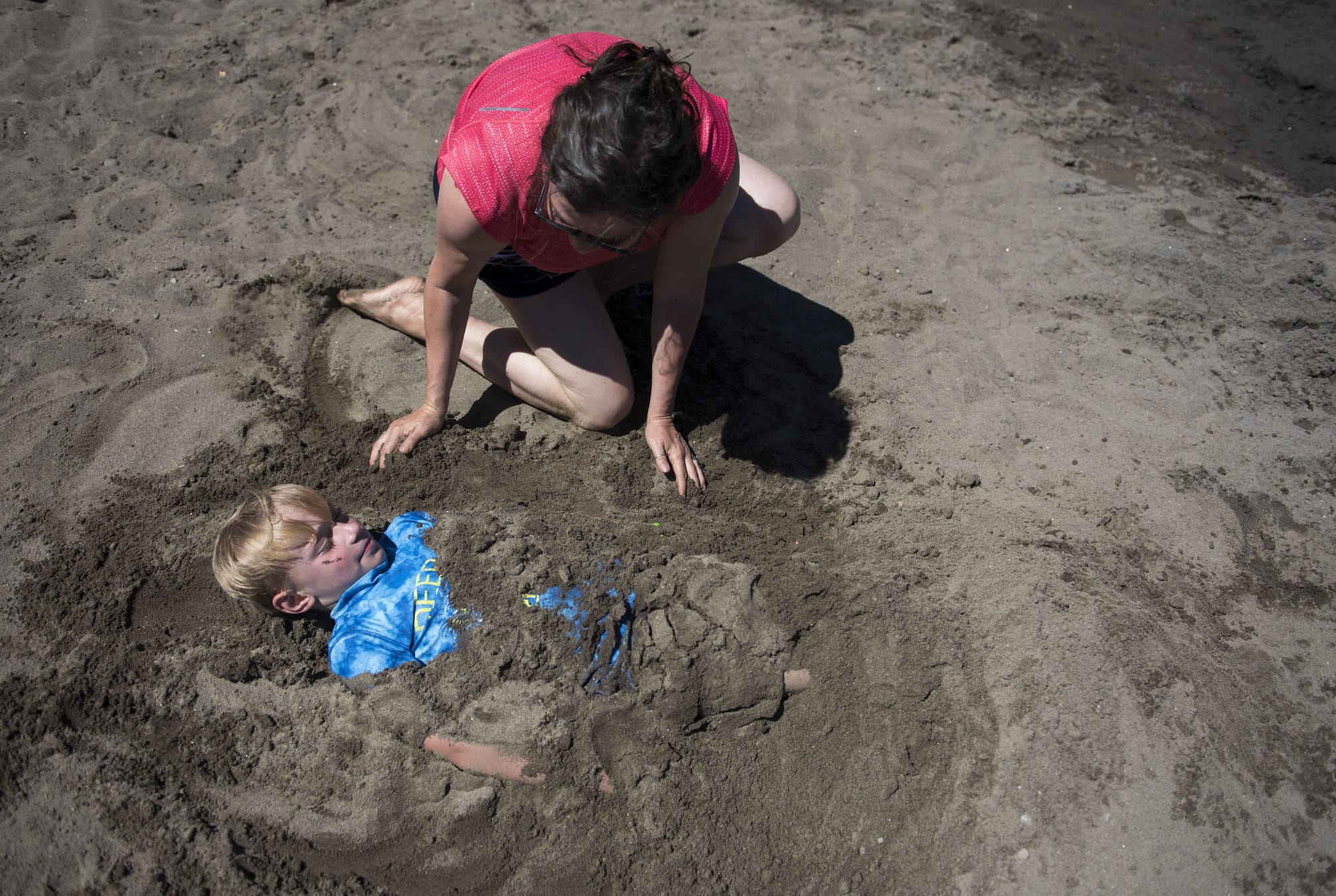Take heed, Clark County, it’s about to get hot. And with the record-breaking temperatures, health officials worry there will be an increase in heat-related illnesses.
“This is going to be extreme, maybe hotter than anyone here has seen before,” said Dr. Andrew Shepard, emergency department medical director at Legacy Salmon Creek Medical Center.
The good news is that heat-related illnesses, such as heat cramps, heat exhaustion and heat stroke, can be prevented if people take a few precautions, know the signs of illness and watch out for each other.
“People should be not only aware of themselves, but if they know of anyone that does not have air conditioning, if they’re elderly or have multiple medical problems, they’re at increased risk for having problems,” Shepard said.




